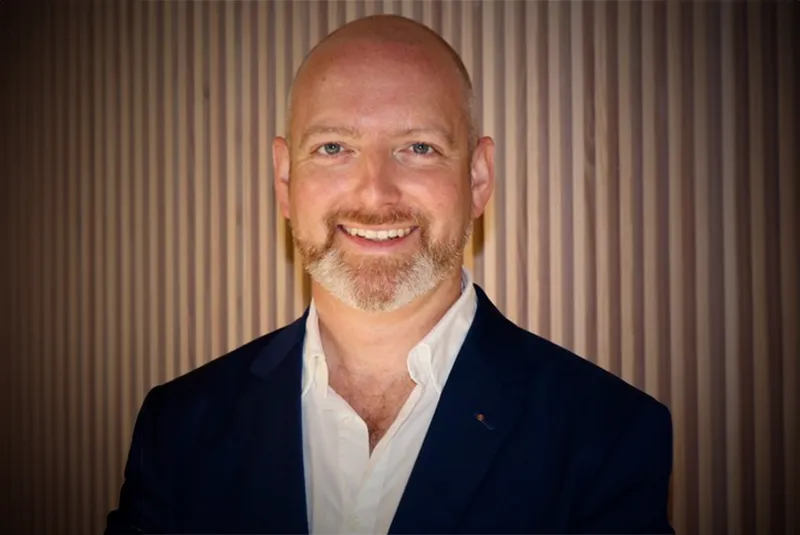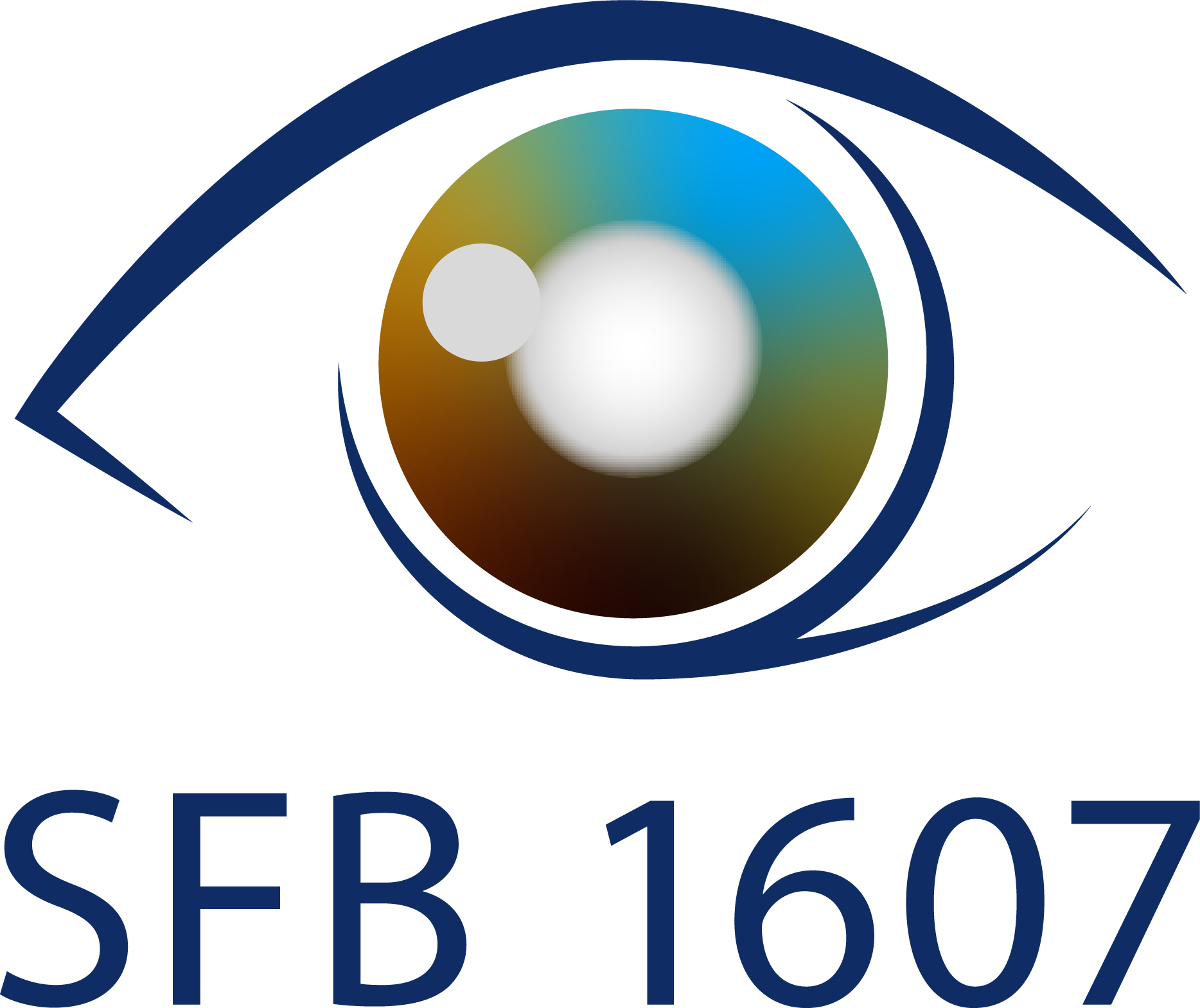Prof. Dr. rer.-nat. Björn Schumacher

Institut für Genomstabilität in Alterung und Erkrankung (IGSAD), Medizinische Fakultät, CECAD
Universität zu Köln
Joseph-Stelzmann-Str. 26
50931 Köln
+49 (0) 221 478 84202
bjoern.schumacher@uni-koeln.de
Projekte:
Projektleiter
Wissenschaftliche Karriere
Seit 2023 Mitherausgeber, Mechanisms in Aging and Development
Seit 2019 Co-Direktor, Minerva Center of the Biological Mechanisms of Healthy Ageing, Bar-Ilan University, Israel
Seit 2019 Vorstandsmitglied, Cologne Center for Ethics, Rights, Economics, and Social Sciences of Health (CERES)
Seit 2016 Vizepräsident der Deutschen Gesellschaft für DNA-Reparatur (DGDR)
2014 – 2020 Präsident der Deutschen Gesellschaft für Alternsforschung (DGfA)
2014 – 2016 Geschäftsführender Direktor des CECAD Research Centers, Universität zu Köln
Seit 2013 Universitätsprofessor (W3) und Direktor des Instituts für Genomstabilität im Altern und bei Erkrankungen (IGSAD), Universität zu Köln
Seit 2012 Vorstandsmitglied des Exzellenzclusters CECAD
2009 – 2013 Leiter einer unabhängigen Nachwuchsforschungsgruppe im Exzellenzcluster CECAD, Universität zu Köln
2005 EMBO Long-Term Fellowship und Marie-Curie Intra-European Fellowship
2004-2008 Postdoktorand bei Dr. Jan Hoeijmakers, Abteilung für Genetik, Erasmus Medical Center, Rotterdam, Niederlande
Preise und Ehrungen
2019 Eva Luise Köhler Forschungspreis für seltene Erkrankungen
2011 European Research Council (ERC) Starting Independent Researcher Grant
2009 Innovationspreis des Landes Nordrhein-Westfalen
Ausgewählte Publikationen
- Wang S, Meyer DH, Schumacher B. Inheritance of paternal DNA damage by histone-mediated repair restriction. Nature. 613, 365–374 (2023).
- Soltanmohammadi N, Wang S, Schumacher B. Somatic PMK-1/p38 signaling links environmental stress to germ cell apoptosis and heritable euploidy. Nat Commun. 2022 Feb 4;13(1):701.
- Schumacher B, Pothof J, Vijg J, Hoeijmakers JHJ. The central role of DNA damage in the ageing process. Nature. 2021 Apr;592(7856):695-703.
- Meyer DH, Schumacher B. BiT age: A transcriptome-based aging clock near the theoretical limit of accuracy. Aging Cell. 2021 Mar 3; 20(3):e13320. doi: 10.1111/acel.13320. Epub 2021 Mar 3.
- Wang S, Meyer DH, Schumacher, B. H3K4me2 regulates the recovery of protein biosynthesis and homeostasis following DNA damage. Nat Struct Mol Biol. 2020 Dec;27(12):1165-1177.
- Ou HL, Kim CS, Uszkoreit S, Wickström SA, Schumacher B. Somatic niche cells regulate the CEP-1/p53-mediated DNA damage response in primordial germ cells. Dev Cell. 2019 Jul 22;50(2):167-183.e8. doi: 10.1016/j.devcel.2019.06.012
- Bianco J, Schumacher B. MPK-1/ERK pathway regulates DNA damage response during development through DAF-16/FOXO. Nucleic Acids Res. 2018 Jul 6;46(12):6129-6139. doi: 10.1093/nar/gky404
- Ackermann L, Schell M, Pokrzywa W, Kevei É, Gartner A, Schumacher B#, Hoppe T#. E4 ligase-specific ubiquitination hubs coordinate DNA double-strand-break repair and apoptosis. Nat Struct Mol Biol. 2016 Nov;23(11):995-1002. (#co-corresponding authors)
- Mueller M, Castells-Roca L, Babu V, Ermolaeva MA, Müller RU, Frommolt P, Williams AB, Greiss S, Schneider JI, Benzing T, Schermer B, Schumacher B. DAF-16/FoxO and EGL-27/GATA promote developmental growth in response to persistent somatic DNA damage. Nat Cell Biol. 2014 Nov 24:16(12):1168–1179
- Ermolaeva MA, Segref A, Dakhovnik A, Ou HL, Schneider JI, Utermöhlen O, Hoppe T, Schumacher B. DNA damage in germ cells induces an innate immune response that triggers systemic stress resistance. Nature. 2013 Sep 19;501(7467):416-20
